
Free Historical Music Generator Powered by AI
Turn text into high-quality Historical music effortlessly – no login required!
music.toolTips
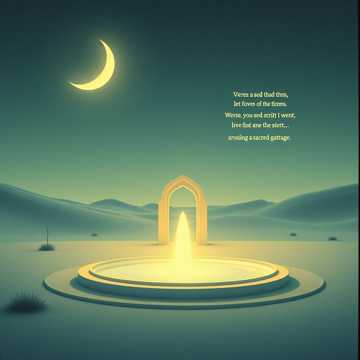
Salam
A reverent song honoring the key figures in Islamic history, especially Imam Ali and his family, through a series of heartfelt salutations.
01:00
5 days ago
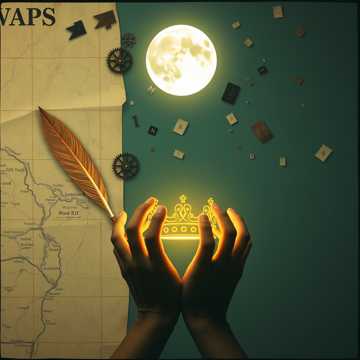
Democratic republic
A folk-style anthem critiquing Federalist views through the lens of freedom and independence, focusing on the contrasting beliefs between Hamilton and the songwriter regarding government, human nature, and alliances.
02:12
5 days ago

Democratic republic
A passionate critique of the Federalists, 'Democratic Republic' contrasts the belief in a strong central government with the ideals of liberty and individualism, advocating for human goodness and freedom from monarchy, with a nod to the French alliance during the American Revolution.
01:40
5 days ago

Democratic republic
A confrontational rap that channels Jeffersonian ideals against Federalist views, criticizing monarchy-leaning power, defending popular freedom, and framing early American political conflict through modern hip hop energy.
00:46
5 days ago
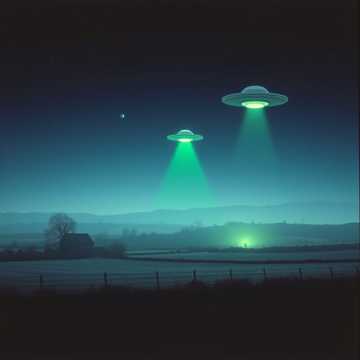
Capel Green
Capel Green explores the chilling story of a UFO sighting in Rendlesham, Suffolk, blending 80s post-punk vibes with eerie synths, vocal samples, and radio distortions. A mysterious, haunting narrative unfolds around a Christmas encounter with the unexplained.
04:34
5 days ago

Lusíadas
A modern rap interpretation of Camões' 'Lusíadas,' blending history, humanism, and mythology with melodic rap, reflecting Portugal’s epic past through vivid lyrics and rhythmic delivery.
03:14
5 days ago

Wat
A high-energy Power Metal anthem blending Cambodian instruments and mythology, celebrating the spirit of Angkor Wat with soaring vocals, cinematic synths, and fast-paced drumming.
06:06
6 days ago

Wat
A Power Metal anthem blending Cambodian cultural elements, telling the story of Angkor Wat's rise and timeless spirit through soaring vocals, traditional instruments, and cinematic orchestrations. A musical journey through history and mythology.
08:00
6 days ago

Angkor
A powerful melodic metal anthem blending Khmer history with mythical themes, featuring intense guitar riffs, traditional instruments, and choral chants that bring the ancient kingdom of Angkor to life.
07:47
6 days ago
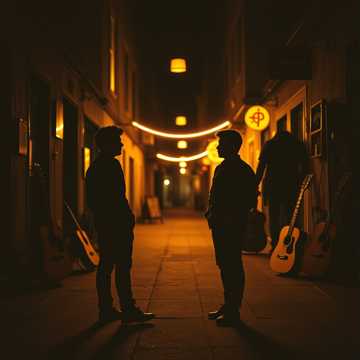
Брат за брата
A poignant ballad about brotherhood, exploring loyalty amidst historical divides. Set to an acoustic chanson style, it highlights the emotional weight of familial ties despite ideological differences.
04:34
6 days ago

És tu ó Icó
This evocative song honors Icó, exploring its historical and cultural significance. Through MPB melodies, it narrates the town’s colonial past, struggles, and eventual prominence, reflecting on its beautiful, complex legacy and the emotions it evokes in the singer.
04:00
Invalid date
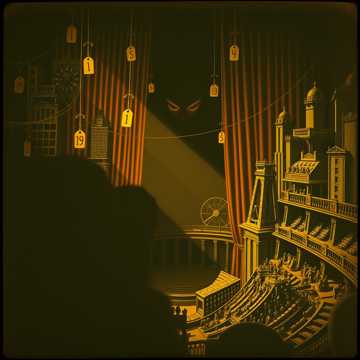
35
A sweeping operatic ballad reflecting on the 1935 Social Security Act, questioning its consequences through dramatic lyrics and orchestral power. Generated by Suno AI, this piece critiques economic control and personal identity loss in the face of institutional systems.
06:20
6 days ago
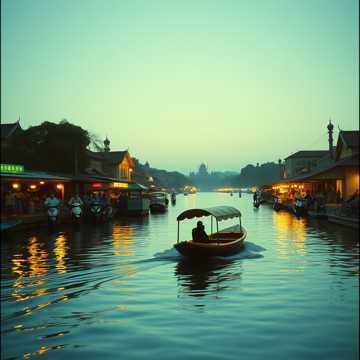
Hò Thành Phố Hồ Chí Minh
This song, generated by Suno AI, captures the nostalgic beauty of Ho Chi Minh City through the traditional hò style, blending history, culture, and heartfelt emotion. A perfect harmony of vocal storytelling and acoustic melodies.
03:34
6 days ago
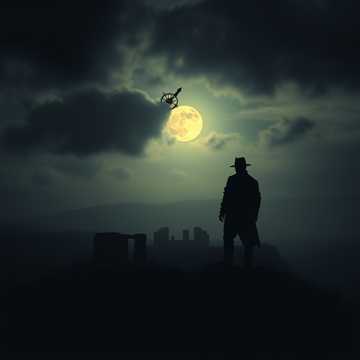
texas
A cinematic western-style piece exploring a violent, mythical historical narrative. The music shifts from tension and fear to fleeting power, leaving an unsettling aftertaste.
03:12
6 days ago
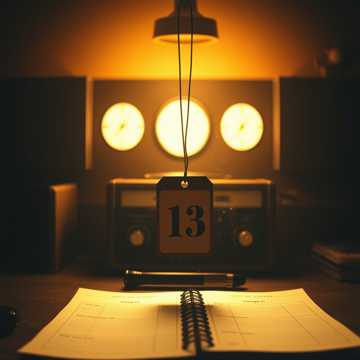
35
35 is a slow, gospel-toned protest that questions institutional power, identity by numbers, and historical repetition, blending political skepticism with dark humor and biblical cadence.
05:30
6 days ago
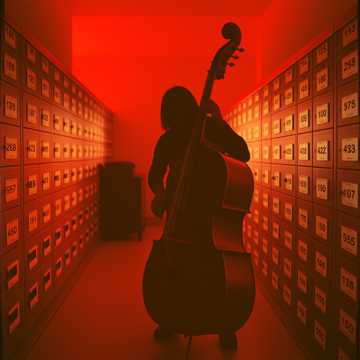
35
A dark, alternative song critiquing the establishment of social security in 1935, exploring its implications on identity and control, set to a haunting cello melody.
04:00
6 days ago
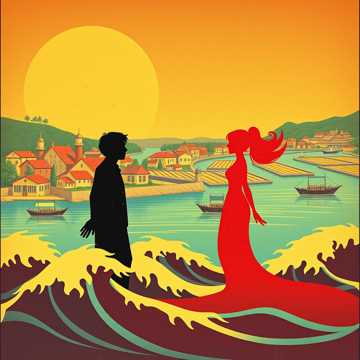
Quảng bình quê ta ơi
A heartfelt tribute to Quảng Bình's transformation and the strength of its people, blending elements of rock, funk, and traditional tones to honor the region's history and culture.
04:57
6 days ago
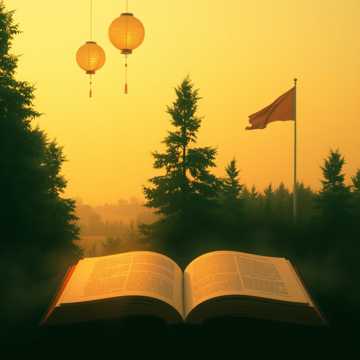
Tiếng Hát Hòa Bình Tự Do
A modern Vietnamese ballad about the enduring spirit of peace and freedom, honoring the sacrifices of past generations and inspiring future ones to remember and carry their legacy forward.
04:30
6 days ago
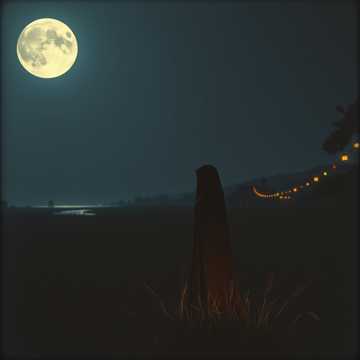
언가
‘언가’ evokes the emotional depth of the Joseon-era peasant uprisings, combining a mournful, majestic tone with heavy, soulful female vocals to honor this pivotal moment in Korean history.
01:08
6 days ago

وطن ۳
این اثر سوگنامهای میهنی است که با زبانی استعاری و اندوهناک، رنج، ویرانی، غربت و زوال شکوه تاریخی وطن را روایت میکند و حس حسرت، خشم و دلدادگی عمیق به سرزمین مادری را با موسیقی فولکلور جنوب ایران پیوند میدهد.
08:00
6 days ago
Historical music refers to compositions that are inspired by, or reflect, historical periods, events, or cultural movements. It draws from a wide range of traditions, often using historical instruments, musical forms, and stylistic approaches to recreate the soundscape of specific time periods. The genre emerged as a distinct style in the late 19th and early 20th centuries, particularly within the realm of classical music, as composers sought to evoke or commemorate historical events. Over time, historical music expanded to include other genres such as film scores, opera, and even modern electronic compositions, each drawing on the past in unique ways. Historical music serves both as a reflection of cultural identity and as an educational tool, helping listeners experience the music of eras long gone.
Sub-tags and Classifications of Historical Music
Baroque Revival
Baroque Revival music draws inspiration from the Baroque period (1600-1750), characterized by ornate and expressive compositions. This sub-tag includes the use of Baroque instruments such as the harpsichordHistorical Music Content Creation and violins, and compositions often feature complex counterpoint and rich ornamentation. Composers within this classification may either directly recreate Baroque compositions or fuse them with modern techniques.
Medieval Music
Medieval music spans the years 500-1400 AD, featuring early polyphonic structures and Gregorian chants. Historical works in this category aim to replicate the modal scales, harmonies, and instruments of the time, such as the lute, organ, and various wind instruments. Medieval music also often involves chanting and plainsong, which form the foundation of Western sacred music.
Renaissance Music
Renaissance music (1400-1600) emerged with a focus on harmony, the use of polyphony, and the development of instrumental music. Historical compositions in this sub-tag often emphasize vocal harmony and imitation between voices, reflecting the sophisticated social and cultural developments of the time. Key instruments include the viol, recorder, and early keyboards.
Classical Period Music
The Classical period (1750-1820) in music introduced clarity, balance, and form, with composers focusing on structural precision. Historical compositions in this sub-tag are often associated with composers like Mozart, Haydn, and Beethoven. These works feature a clear melody with accompaniment, structured movements, and an overall elegance that reflects the intellectual spirit of the Enlightenment.
Film Score Historical Music
Film score historical music draws on the musical styles of past eras to set the mood and context in historical films. This sub-tag blends classical compositions and modern film scoring techniques, often incorporating orchestral arrangements and period-specific instrumentation to enhance the storytelling of historical films, documentaries, and period dramas.
Famous Artists and Works in Historical Music
John Williams
John Williams is a prominent film composer known for his work on historical films such as 'Schindler's List' and 'Lincoln.' His compositions often incorporate historical themes and orchestral elements that evoke the emotional weight of past events. Williams' music is celebrated for its powerful narrative quality, using music to deepen the connection to historical moments.
Beethoven's 'Eroica' Symphony
Beethoven's 'Eroica' Symphony, written in 1803, is often considered one of the defining works of the Classical period. This symphony was originally dedicated to Napoleon Bonaparte, but Beethoven later withdrew this dedication, reflecting the changing political landscape of the time. 'Eroica' is revolutionary in its size, structure, and emotional depth, representing the spirit of heroism and the tumultuous events of the Napoleonic era.
Carl Orff
Carl Orff's 'Carmina Burana' is a landmark piece often associated with historical themes, especially medieval and medieval-inspired works. Orff's incorporation of chant, folk melodies, and ancient texts creates a powerful emotional atmosphere that resonates with audiences. His innovative use of rhythmic structure and choral music made 'Carmina Burana' one of the most famous historical-themed classical works.
Tchaikovsky's '1812 Overture'
Tchaikovsky's '1812 Overture' commemorates the Russian victory over Napoleon's forces in 1812. The piece is famous for its inclusion of cannon fire and church bells, used to evoke the historical events of the time. The overture combines patriotic themes with a dramatic, almost cinematic flair, capturing the tension and triumph of this pivotal moment in history.
Benjamin Britten
Benjamin Britten's works, particularly 'War Requiem,' are known for their deep engagement with historical themes, particularly the impact of war. Britten’s approach blends historical context with modern techniques, highlighting the emotional toll of historical events. His compositions often reflect a nuanced understanding of history, blending classical traditions with contemporary sensibilities.
Holst's 'The Planets'
While not strictly historical in the traditional sense, Gustav Holst’s 'The Planets' (1914-1917) is often interpreted as a reflection on the human experience of war and exploration, both of which were prominent themes in the early 20th century. The suite’s movements evoke various astrological symbols, and the powerful 'Mars, the Bringer of War' is particularly celebrated for its historical resonance with World War I.
Applications of Historical Music in Various Scenarios
Historical music is widely used in film soundtracks to evoke the atmosphere and emotional tone of a specific time period. For example, the use of historical music in epic films such as 'Gladiator' or 'Braveheart' helps bring the ancient world to life, immersing the audience in the sounds and cultural context of that era. The music often incorporates period instruments or styles to enhance the realism and emotional impact of the film.
Film Soundtracks
Historical music plays a crucial role in video games that explore past events or civilizations, such as in titles like 'Assassin's Creed' or 'Total War.' These games use historical music to create immersive soundscapes that transport players into different time periods, enhancing the player's experience with authentic musical styles from the game’s setting.
Video Games
Advertisers often use historical music to evoke nostalgia or a connection to past events. For example, a commercial set in the 1960s might use popular music from that era to draw on the cultural and emotional associations of the time. This use of historical music helps connect brands with a sense of tradition and legacy.
Advertising and Commercials